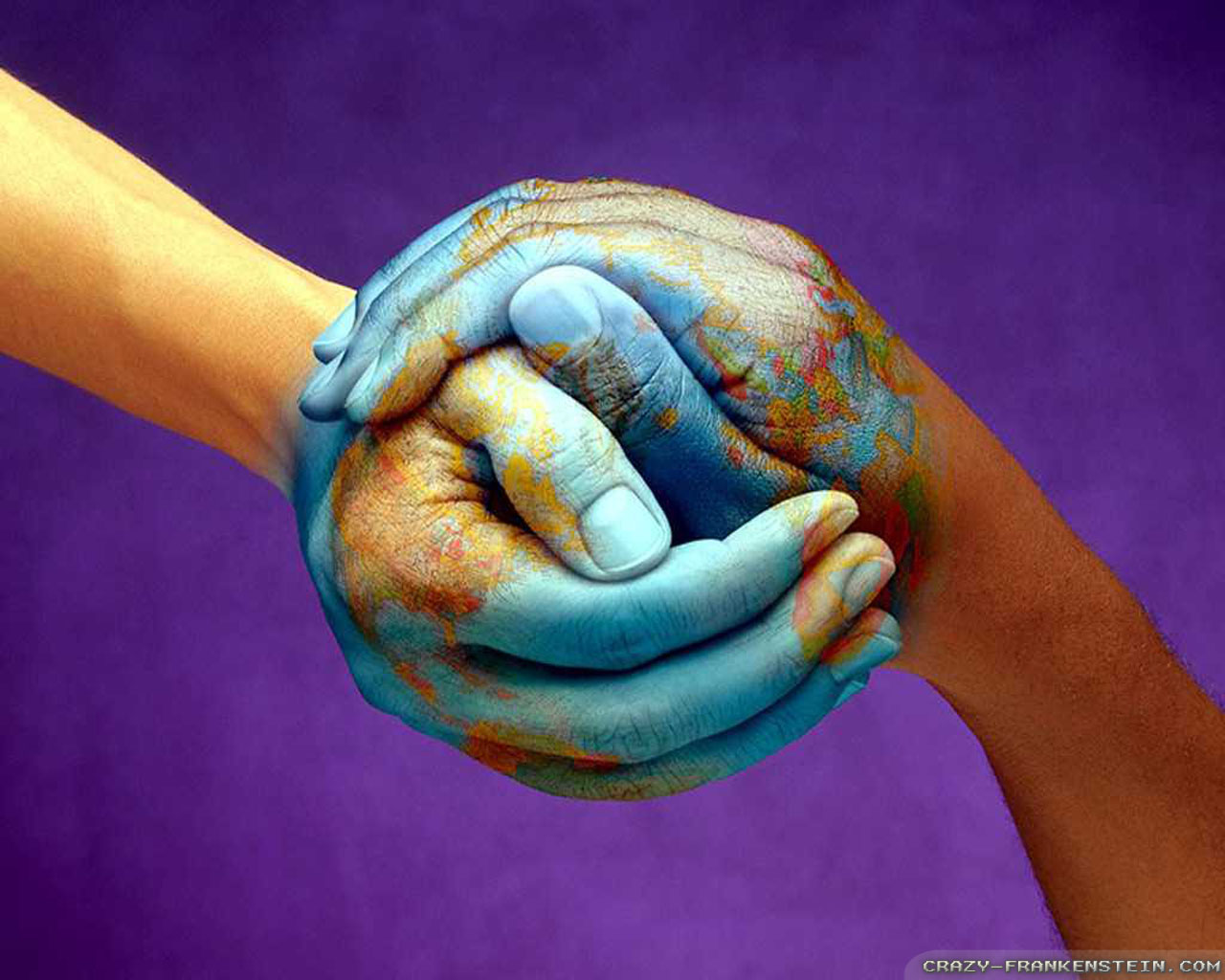Hi everyone my name is Hannah and I'm a third year student studying Biomedical Science. I'll be starting my MSc in Data Science and Applied Analytics next year. Outside of university I've really enjoyed teaching myself to crochet over the…

Amnesty International day is celebrated on the 28th of May, but what is it? Amnesty International is a global movement involving over 10 million people and the world’s largest human rights organisation. They work to protect people wherever their justice, freedom, dignity and truth are denied. They do this by educating the public on their human rights and exposing places where they’re being denied, in the hopes of transforming societies to create a just, safe world.
Human rights are the fundamental rights and freedoms that belong to everyone, regardless of race, gender, ethnicity or what they believe. They’re defined and protected by the law, not just abstract concepts. Although they may be restricted sometimes, like if a person breaks the law, they can never be taken away. They’re based on values like respect, independence, dignity, equality and fairness.
They’re written in the Universal Declaration of Human Rights. After the Second World War, the United Nations Universal declaration of Human Rights was established. 30 rights and freedoms are set out, they belong to everybody and no one can take these rights and freedoms away. They include the right to asylum, the right to freedom from torture, the right to free speech and the right to education. in the UK, these are protected under the Human Rights Act 1998. The UDHR are fundamental to all of Amnesty’s work, allowing them to hold authorities accountable when human rights are infringed.

There are three key qualities that form the basics of human rights and are all agreed by the international community, these are:
• Universal: they belong to every single person
• Inalienable: they cannot be taken away from us
• Indivisible and interdependent: governments should not be able to pick and choose which rights are respected.
As human rights are based on intuitive principles, they can easily be taken for granted. However it’s important that they are protected under international law, so that states and people can be held accountable when atrocities are committed, as everyday human rights are violated.
An example of one of Amnesty’s current campaigns is linked to the climate crisis. Already global warming is impacting people’s rights to life, health, food, water, housing and human survival as we know it. But how can you get involved? The simple act of sending an email, signing a petition or sending a letter could be one step closer to changing the world for the better. The Amnesty website is packed with information, including if there are any activities going on in your area to get involved in!

- Topics
- Human rights
- Law



